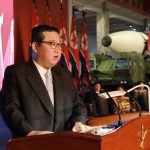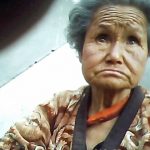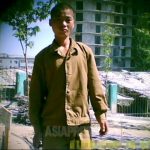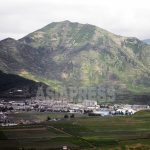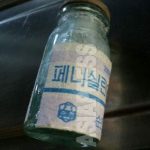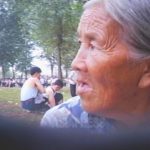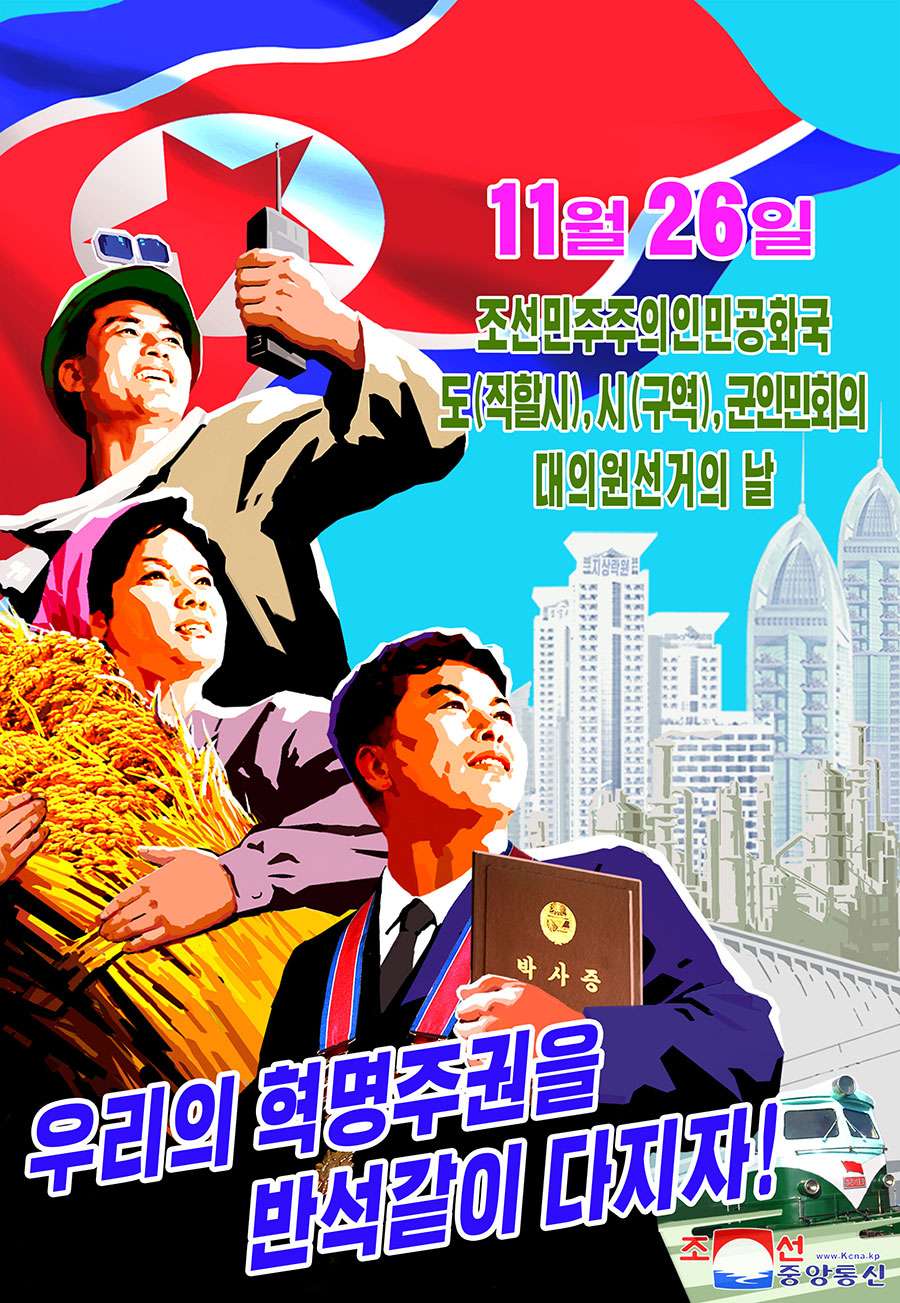
North Korea held its first local elections for people’s committee delegates at the provincial, directly-administered city, district, and county levels on November 26 - the first time such elections have taken place in four years. A preliminary election where candidates were selected was held on November 4, which involved voters selecting two candidates through secret ballots. This appears to be the first time North Korea has ever conducted elections in this way. In the run-up to the elections on November 26, North Korean authorities tightened control over the country. Over a two-part series, ASIAPRESS will report on the “major changes” that surrounded the elections. (KANG Ji-won / ISHIMARU Jiro)
◆ Secret elections held to select one candidate among two
The election of delegates to North Korea’s people’s committees has long been characterized by being a “forced election,” where almost all voters cast 100% of their ballots for a single candidate designated by the authorities. However, for the first time in North Korean history, a preliminary election was held nationwide to allow voters to select one candidate from among multiple candidates. ASIAPRESS reporting partners in Yanggang and North Hamgyung provinces confirmed that this happened. There is a high possibility that the same kind of preliminary election was held in other areas, but ASIAPRESS wasn’t able to confirm this as of November 24.
The reporting partner in Yanggang Province said that the preliminary election was held on November 4. The authorities recommended two candidates and told people to vote for one through secret ballots. The reporting partner explained what happened on voting day:
“A voters' meeting was held in the morning, and there was an order by the authorities to vote for one of the two people recommended by the provincial authorities. It’s the first time (multiple candidates) have been on a ballot. The professional background and awards won by each candidate were posted at the elections booth at the district office on election day.
“There were two men who were recommended by the provincial authorities for the election in our neighborhood, and one of them was the director of an organization while the other was the manager of a factory. The order told voters to select one, and the first candidate (the director) lost the vote because he had siphoned off supplies in the past.”
※ ASIAPRESS has not disclosed specific information about the candidates due to concerns about the security of the reporting partner.
The candidates who were “elected” during the preliminary elections on November 4 were then put forth as the sole candidates recommended by the authorities during the elections on November 26, just like in the past.
◆ RFA publishes rare report about elections
In a series of articles published by the American media outlet Radio Free Asia starting on November 7, detailed information from inside the country was revealed about the preliminary elections held on November 4. The outlines of the RFA reporting were similar to information gleaned from ASIAPRESS reporting partners.
According to the RFA articles, the manager of a grain office born in 1979 and the accountant for a restaurant born in 1973 were candidates in one district in Hyesan, and the former received more than 70% of the vote. Both candidates were women. The ballots had the names of both people, and voters were instructed to draw a circle around the name of the person they wanted to elect.
※Grain offices are operated by local governments and manage the sale and distribution of food. People’s lives are so difficult these days that people probably voted for the grain office manager in hopes that food supplies would get better, according to RFA.
◆ Elections are held even for the selection of low-level party and government cadres
ASIAPRESS asked the Yanggang Province reporting partner, who said that it was the first time they had ever conducted a secret ballot, about the background of the elections and the unusual process they used.
He told ASIAPRESS that, while they are not “elections” in the strictest sense, anonymous voting to select new cadres at enterprises and agencies have been taking place a lot since last year.
“It’s the first time that we’ve cast ballots between two candidates, but most people aren’t particularly surprised. That’s because starting last year (2022), whenever there’s been issues at workplaces or corruption committed by a manager, those in trouble are immediately replaced by others, and elections are held to select these replacements. That being said, this recent election was for local people’s committee delegates, so I think people probably voted for those who they thought would do a good job.
“It’s hard for cadres these days. Cadres can’t scold people while getting bribes from them like in the past. They are always being told to take the lead. Party cadres in particular have to model good behavior every morning.
“If a cadre is suspected of having caused a problem, petitions or anonymous letters talking about that person’s corruption are made public during criticism sessions (held every week). They even face being fired or being revolutionized during the sessions. Then a secret election is held to propose 2-3 other people to replace the problematic person. The ultimate winner of this process is selected after a background check and investigation.”
※ Starting several years ago, boxes for people to place anonymous tips and letters calling out corruption, crimes or other issues by cadres began to be installed in workplaces. “Revolutionization” refers to a process in which cadres are subject to forced labor or ideological training, not punishment or criminal punishment meted out by the Workers’ Party.
◆ What Are the Reactions of Local People?
“Even the bosses and managers of enterprises and agencies face replacement through voting if issues come up. However, those in higher positions don’t do anything (to help production or achieve business goals), so if a workplace or organization faces trouble, responsibility for that falls on cadres. If higher-ups pick cadres at their own whim, people would express discontent toward them, so the higher-ups aim to have people take responsibility for selecting their own cadres.
“Even when someone is fired and a new cadre is selected, people cast anonymous ballots based on that person’s loyalty, past experience, awards, and achievements. A new system allowing people to report on past violations of the law is now in place, so candidates selected by the higher-ups are more frequently losing elections.
“This year’s local delegate elections allowed people to vote for just two candidates. Delegates are nothing more than robots who raise and lower their hands, so people think that it is more important to (be able to) select capable people for positions at work than for delegate positions.”
KCNA reported on August 31 that the North Korean government reformed the country’s election law for selecting people’s committee delegates through a Standing Committee Meeting of the Supreme People’s Assembly on August 30. It is possible that the reforms made at that time allowed voters to select one candidate from multiple candidates during the November local elections. ( To 2 >> )
※ ASIAPRESS communicates with reporting partners through Chinese cell phones smuggled into North Korea.
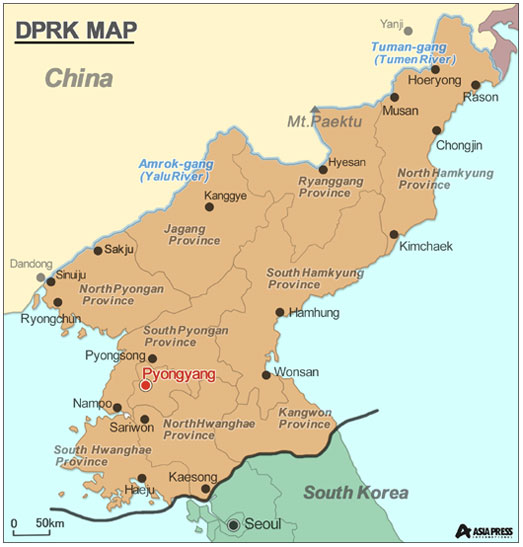
- <Inside N. Korea> Illegally printed study materials gain in popularity…How is this possible given N. Korea’s strict controls on publishing?
- <Inside N. Korea> Land-based trade restarts with China through Hyesan…Chinese trade delegation quarantined… “Lack of interest in trade with N. Korea due to distrust of trade policies”
- <Inside N. Korea> ASIAPRESS confirms that defectors were forcibly repatriated in October…N. K authorities warn would-be defectors that they will be caught by facial recognition systems in China
- <Inside N. Korea>Speaking to a Border Guard (1) Landmine Burial at the Korea-China Border? “Even soldiers are afraid because they don’t know where they’re buried”
- <Inside N. Korea>Opium addicts rise again as stimulants remain almost completely unavailable…Why? The police quickly clamp down on manufacture of drug
- <Inside N. Korea> A recent report on conditions at farms (1) The harvest is better than last year, but lack of materials remains a serious problem (4 recent photos)
